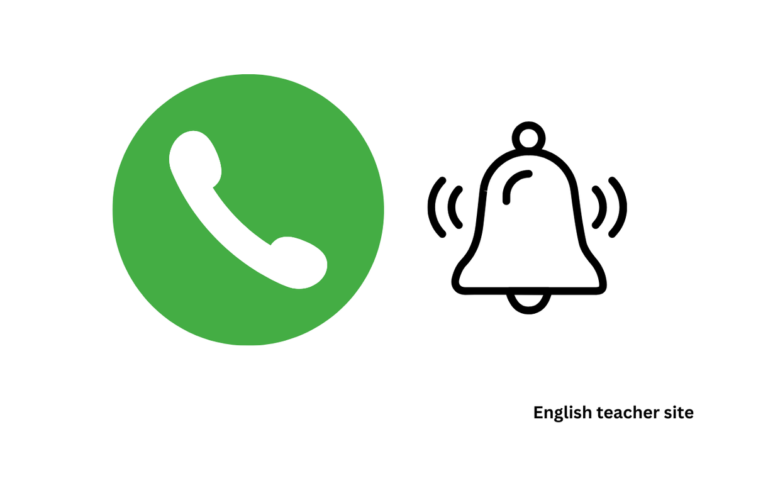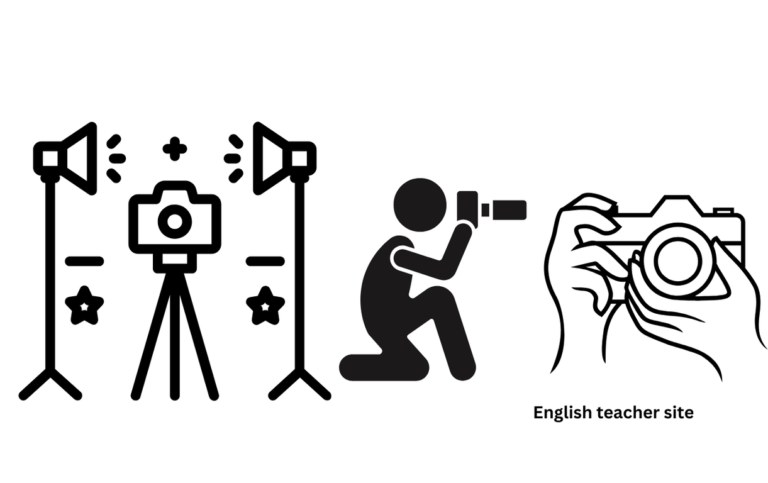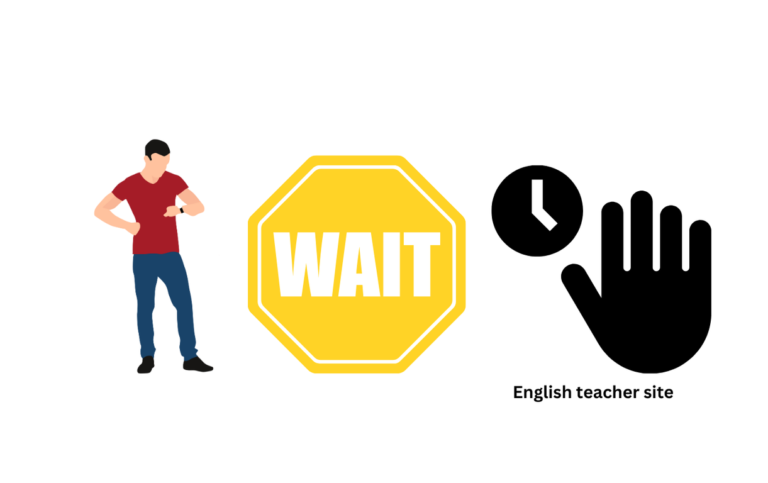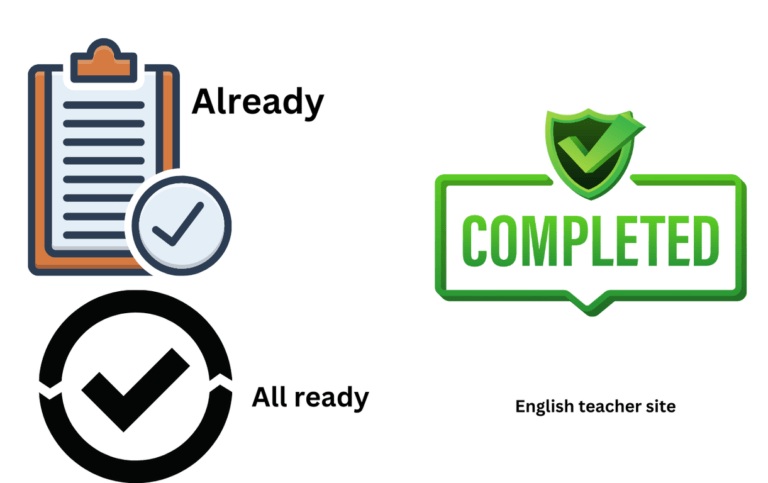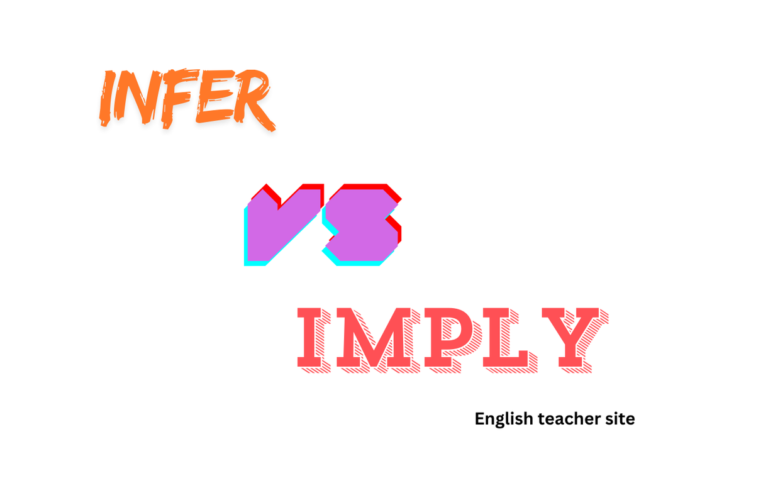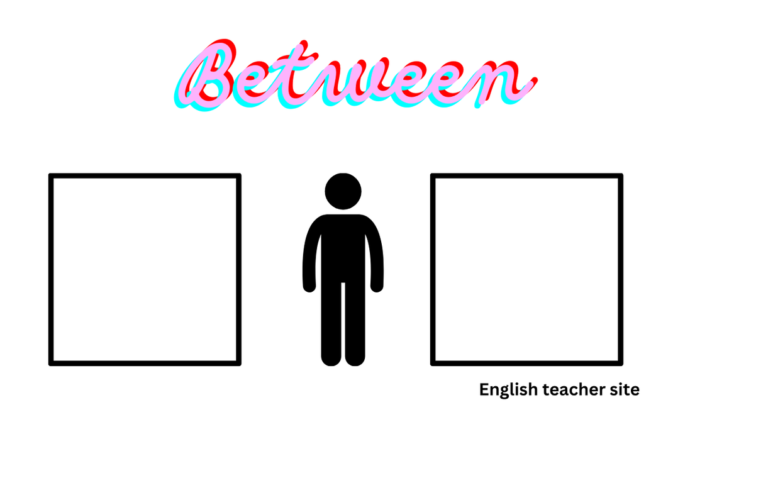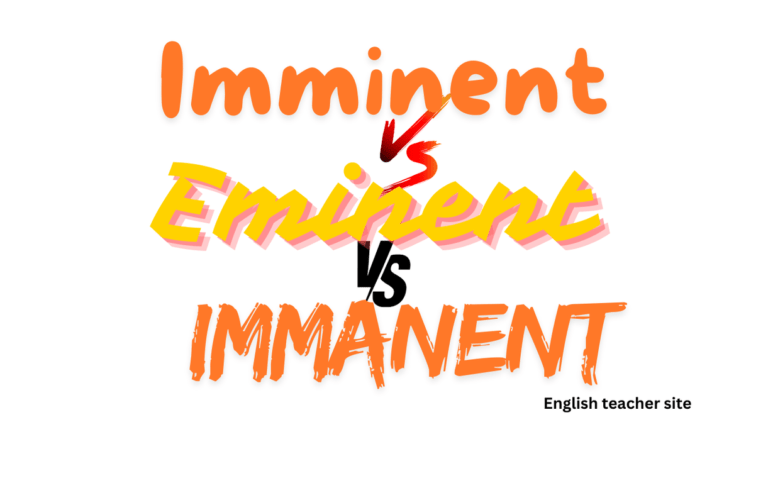Is It Rang or Rung? Understanding the Past Tense of Ring
The correct form depends on the function of the verb in a sentence. ‘Rang’ is the simple past tense of ‘ring,’ describing an action that was completed at a definite point in the past. For instance, one might say “She rang the bell yesterday.” On the other hand, ‘rung’ is the past participle form, which…

